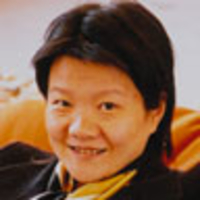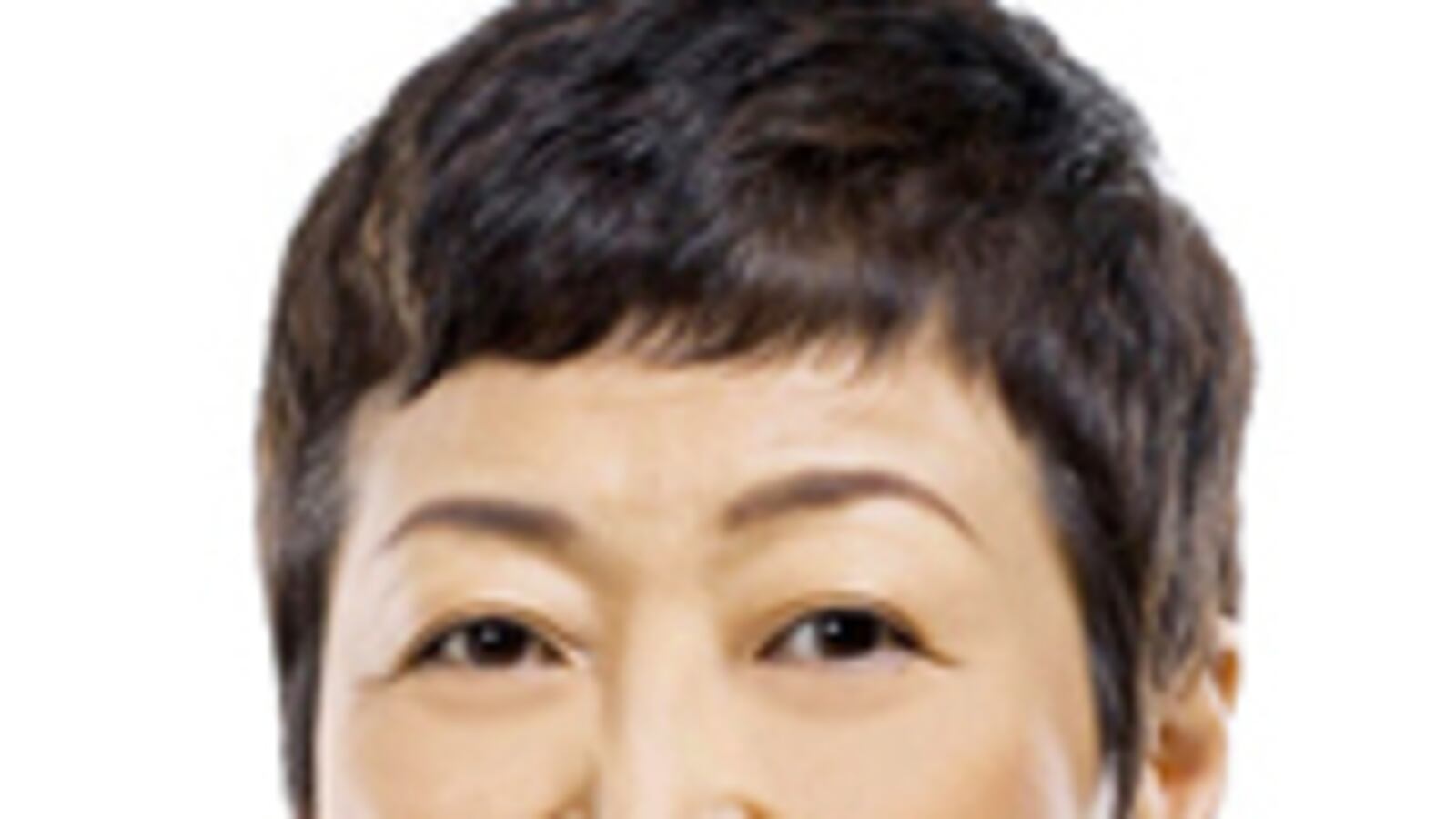
Mei Yan has friends in high places in China. After all, her father built the news censorship system in China.
So imagine the surprise on one censor's face when he called CNN into his office for its regular weekly scolding for negative reporting on China, and Mei showed up. Needless to say, a conversation with Mei—who worked at CNN, Turner International Asia Pacific, and News Corp. before becoming CEO of Viacom China—is going to be a bit different from most foreign journalists' usual scolding. "I grew up with those guys," Mei chuckled. "How could they seriously scold me with that BS?"
"It's politics," she said. "You need to convince the Chinese that cover-ups will use up more political capital than the truth. Their jobs are at stake. It's the only language they understand."
"So what would happen in those meetings?" I am very curious, as I'm usually the one who gets the scolding.
• More Daily Beast Coverage of the Women in China"Oh, they'd start chitchatting, asking after the family and so on. Just trying to ease into the conversation," Mei said. "Then they'd sigh and say, 'You know we have to do this,' and read a part of a document to me."
In the beginning, Mei would go through this routine without any protest. As time went on, she decided to try to influence the censors. First she started to tell them stories of cover-ups that went bad; eventually she tried to convince them to allow foreign journalists to report what they see in China. Her meetings with the censors were so successful that she was invited to give regular lectures to the administrators of the media in China. Quite a few of Mei's students eventually became very important in China, and there is speculation that her lectures had a definitive influence on the Chinese government's decision to give foreign journalists carte blanche during the Beijing Olympics in 2008.
What is extraordinary about Mei is her ability to explain the notion of press freedom to the people regulating her in China. She is one of the few people who knows how to speak the bureaucratic language inside the censor system, and she uses that knowledge to explain Western press freedoms. "It's politics," she said. "You need to convince the Chinese that cover-ups will use up more political capital than the truth. Their jobs are at stake. It's the only language they understand."
Since July last year, Mei has moved on to a new territory. As chief executive of Viacom China, her new campaign is to encourage original Chinese music through MTV. Within six months, she has already made a huge impact on the Chinese music scene. Teaming up with Cui Jian, the Bob Dylan of China, she has rocked the music establishment by replacing canto pop with original rock bands from all over China.
There is something to be said about people like Mei Yan. What they accomplish quietly, within the system, is a hundred times more effective than the international criticism of China that Mei once defended.
Huang Hung is a columnist for China Daily, the English language newspaper in China. She is also an avid blogger with more than 100 million page views on her blog on sina.com.






